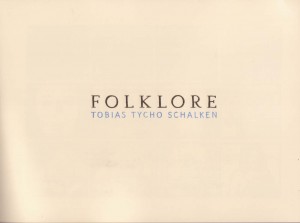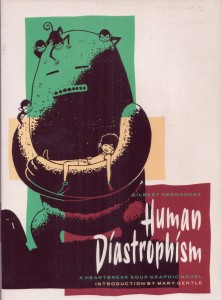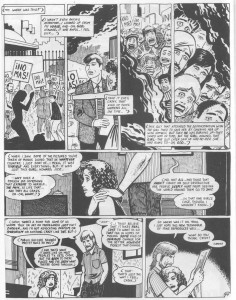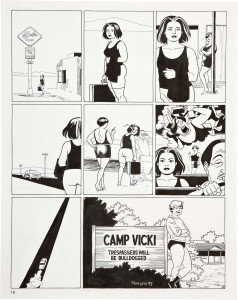Caro recently highlighted an article by Craig Fischer at Transatlantica titled “Worlds within Worlds: Audiences, Jargon, and North American Comics Discourse”. I’ve decided to separate out this short comment on one particular section of Craig’s essay since it is only tangentially related to the bulk of Caro’s comments. The following comes from the middle of Craig’s taxonomy of comics writing called, “Essayists” (emphasis mine):
22 As a contributor to the Journal, my problem with Groth’s emphasis on evaluation is the absence of communal standards. In the editorial to Journal#100 (July 1985), Groth reprinted a commentary from the British fanzine BEM where Bernard Leak pointed out that despite the Journal’s commitment to excellence, “muscular standards-raising activity requires some kind of focus, some general agreement on what a good comic is; and there isn’t any such agreement, in the pages of the Journal or anywhere else” (Groth 12). Leak further argued that
“A general theory of comics, such as has been produced (in many conflicting forms, of course) for literary genres like novels and epics, is necessary before any dreams for the future can take on a definite shape and positive content. If someone doesn’t like any particular theory, he can supplement, modify or replace it; but until one appears all criticism of comics will be floating in the void, unsupported by anything more than a consensus of some readers’ uncontrolled intuitions. (12)”
Continue reading →









